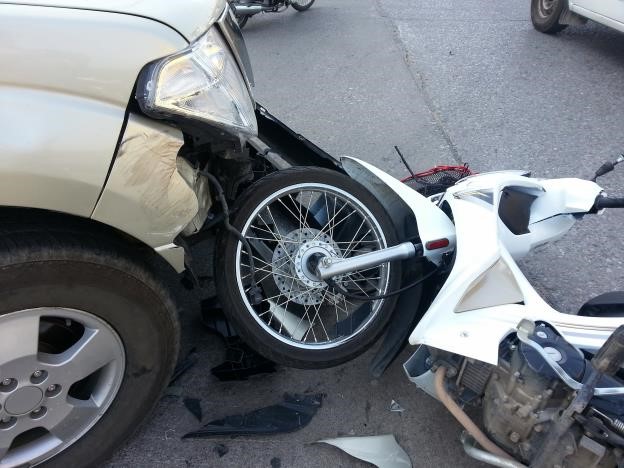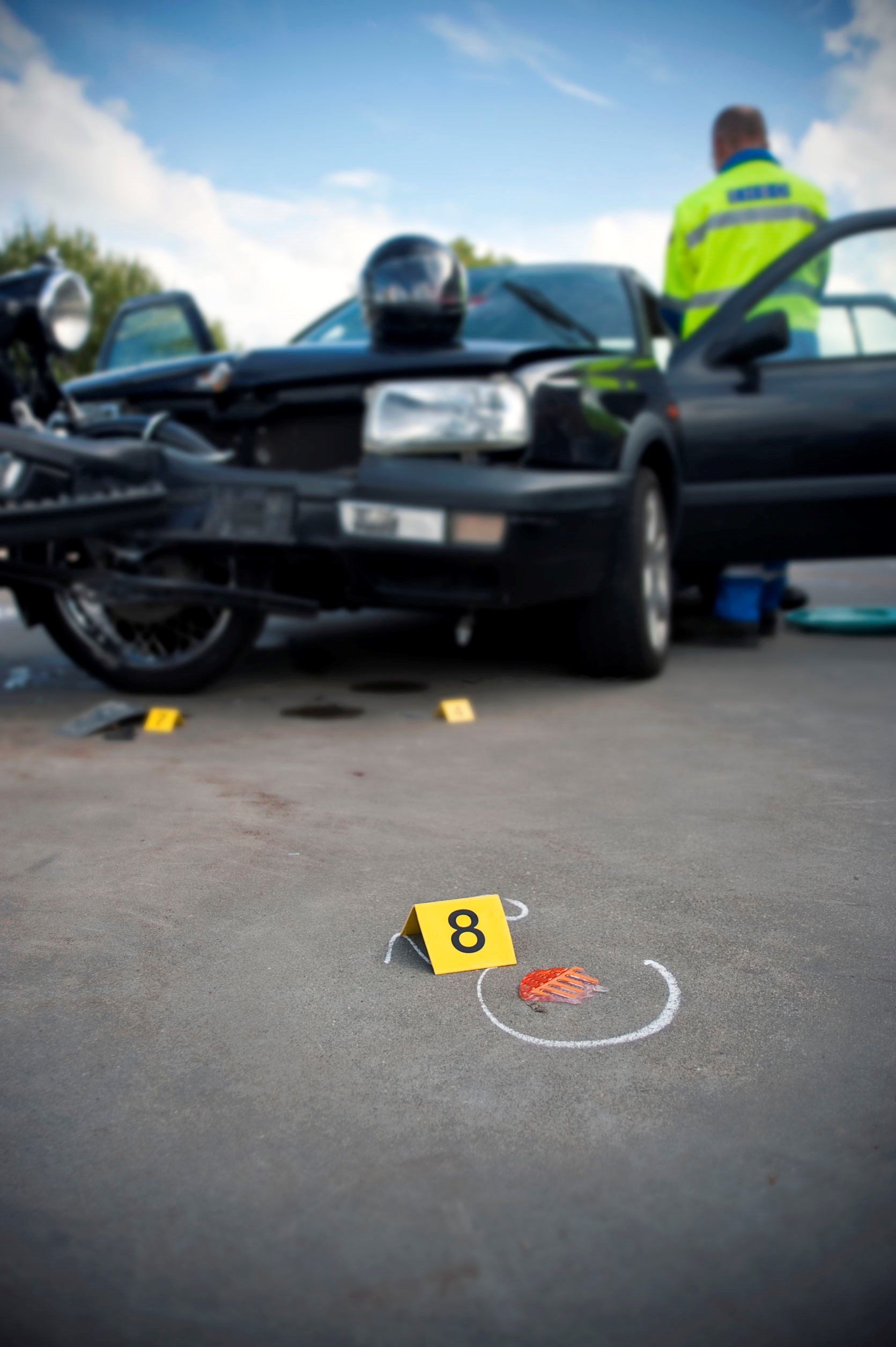Motorcycle accidents share a lot of legal similarities to car accidents when it comes to injury law. But there are some notable characteristics unique to motorcycling that you should know when determining liability in a motorcycle accident.
Bias against Motorcyclists
One of the major challenges of a motorcycle accident injury claim is a persistent and widespread bias against motorcycles and their riders. Due to this long standing prejudice against motorcyclists, juries have a history of ruling less favorably when the plaintiff is a motorcycle rider.
It can be difficult—though certainly not impossible—to overcome this bias in the courtroom, and insurance companies are often aware of this. Injured motorcyclists often receive lower settlement offers, since insurance adjusters base their offers on what the plaintiff might win if they go to court.
Because of this, the burden of proof lies on the motorcyclist, which can make many motorcycle injury claims more difficult than their car-related counterparts.
Inherent Danger in Motorcycles
Furthermore, riding a motorcycle does have an inherent danger that is greater than driving a car. Since they are smaller, lighter, and offer much less protection than a car, injuries from accidents are often severe and more extensive.
For this reason, juries may be reluctant to award full compensation for a motorcyclist’s injuries, because they may perceive that the victim bears some of the liability by getting on a motorcycle in the first place. Again, the prejudice against motorcyclists can be difficult to overcome.
Still, there are a number of ways that an injured motorcyclist can build a successful case against the driver responsible for his or her accident. To understand how case can be made and won, we’ll first have to look at the anatomy of a motorcycle accident claim.
Liability in Motorcycle Accidents Comes Down to Negligence
The majority of motorcycle injury cases are a based on the concept of negligence. A claim of negligence in an injury case asserts that the defendant behaved in a way that was irresponsible or thoughtless, and this behavior caused the plaintiff’s injuries.
In many motorcycle accidents, this claim is leveled against the driver of a car or truck. The defendant can be negligent in what they did (for example, running a stop sign) or what they failed to do (such as not using a turn signal before changing lanes).
The Elements of a Negligence Claim
To successfully bring a negligence claim against another motorist for your injuries, you will have to be able to prove a few key things:
- The law required the defendant to be careful. In any case involving a vehicle accident, this is already a given, since all motorists are required to exercise caution.
- The defendant was not careful. When evaluating whether a defendant was careful or not, the law compares their behavior to how a “reasonable person” would have behaved in that situation.
- The defendant’s carelessness caused the plaintiff’s injuries. It’s not enough to prove that the defendant behaved in a careless manner. To win an award for your injuries, you must prove that the defendant’s carelessness was the reason you were injured.
- The plaintiff was injured or suffered losses. In the case of a vehicle accident, you will need to furnish proof of the damages you are trying to recover. Among other things, this might include hospital bills (to prove medical costs) or receipt from a repair shop (to prove the cost of fixing damage to your motorcycle).
What to Do After a Motorcycle Accident
Of course, medical examination and treatment will be the primary concern after an accident. But the information you record and collect following the incident can mean the difference between winning and losing your case. Here’s how to collect relevant info after an accident.
- Take notes. As soon as you are able, write down everything you recall from the accident, like the place and time, what happened, the people who witnessed it, the weather, and so on.
- Keep a record of your injuries and damages. Make sure to keep a detailed record of all costs related to your injuries. Report your injuries to a medical provider, and keep a log of your injuries and their treatment. Write down any pain, loss of sleep, or other complications resulting from the accident.
- Take photographs. If you can, take photographs of the scene of the accident immediately after it occurs. It may also be wise to return to the scene and look for any evidence you might have missed. Again, remember to take photographs to record what you find.
- Contact witnesses. You should also attempt to track down witnesses as soon as you can, and record their account of the incident while it is still fresh in their minds.
Motorcycle injury claims can be difficult to win, but they are not impossible. The best way to ensure a favorable ruling is to talk to an experienced injury law firm with a successful track record in these kinds of cases.






